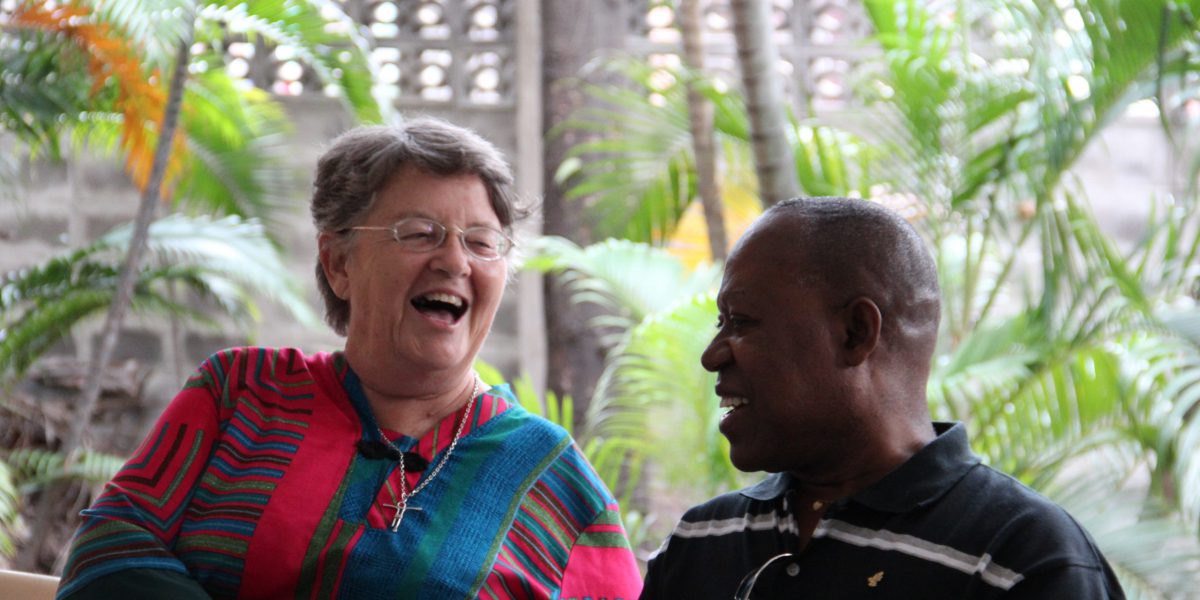Cambodia: Montagnard refugees’ cases are finally heard
22 January 2016|Amaya Valcarcel

Phnom Penh, 22 January 2016- In this historic period where the world is seeing millions of forcibly displaced people on the move, and countries breaching their obligations under international law to protect them, the Jesuit Refugee Service (JRS) is glad to see that a group of ethnic Vietnamese Montagnard refugees will have access to a fair asylum process in Cambodia.
On 21 January, the Cambodian government announced more than 170 Montagnards – Degar Christians fleeing religious persecution in Vietnam – who were formerly blocked from registering as refugees will now have their asylum claims assessed. Montagnards have been crossing into Cambodia to seek asylum since late 2014. Many have spent long periods in prison and suffered torture, harassment and a violation of their land rights for years.
The most recent deadline for the UN refugee agency to resettle the initial group of 13 Montagards to a third country was 10 January, while the roughly 200 other asylum seekers were told they had until 6 February to return to Vietnam.
However, now, along with assessing the claims of the Montagnards that were formerly blocked, the government also agreed to temporarily relocate the 13 registered refugees to the Philippines while efforts continue to resettle them to third country.
JRS Cambodia has been assisting the Montagnards by providing food and shelter and accompanying them since they arrived in Cambodia and throughout this limbo period. JRS has also advocated for this asylum process in Cambodia to take place and for the the Cambodian government under no circumstances to deport these people before a fair process is carried out.
Refugees are still worried about their families who face repercussions in Vietnam.
“I have to say that I’m very delighted that the Cambodian government is following its obligations under the international Refugee Convention and beginning to process their claims,” says Sr Denise Coghlan RSM, JRS Cambodia Director.
All countries in the world have the obligation not to push back refugees who are at risk of persecution, torture or death. The non-refoulement principle, as it is called, is customary law and thus applicable by even those countries who are not signatories to the 1951 Geneva Refugee Convention.
We hope this move by the Cambodian government will serve as a model to other countries in the Asia Pacific region and worldwide, and that refugees are granted a fair asylum process and are not sent back to face persecution, hunger or war. This is their right under international law.
JRS also hopes that the root cause of this flight – the lack of religious freedom in Vietnam – will improve, and that people can freely practice their beliefs in the mountains of Vietnam and elsewhere in the world.
-Amaya Valcarcel, International Advocacy Coordinator


